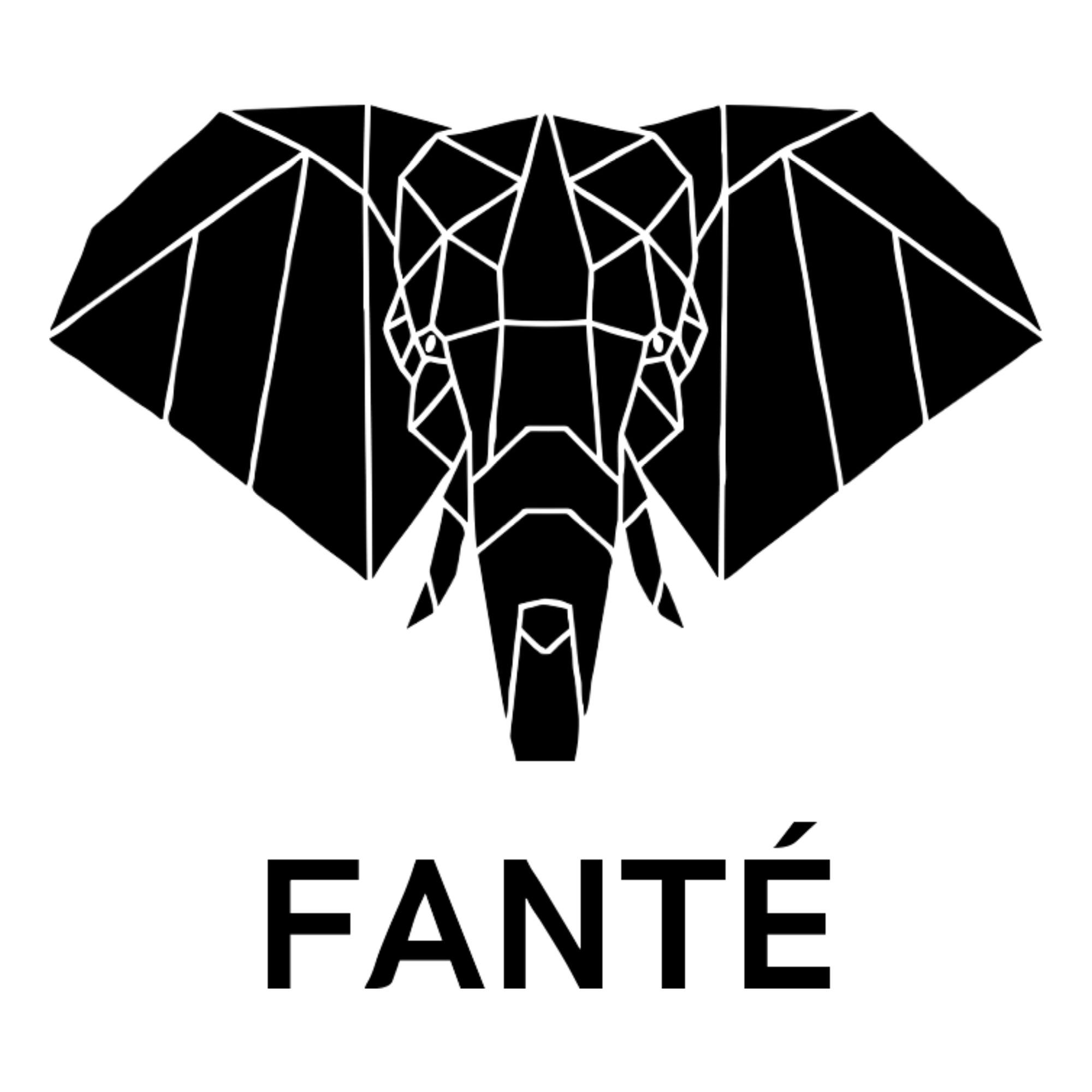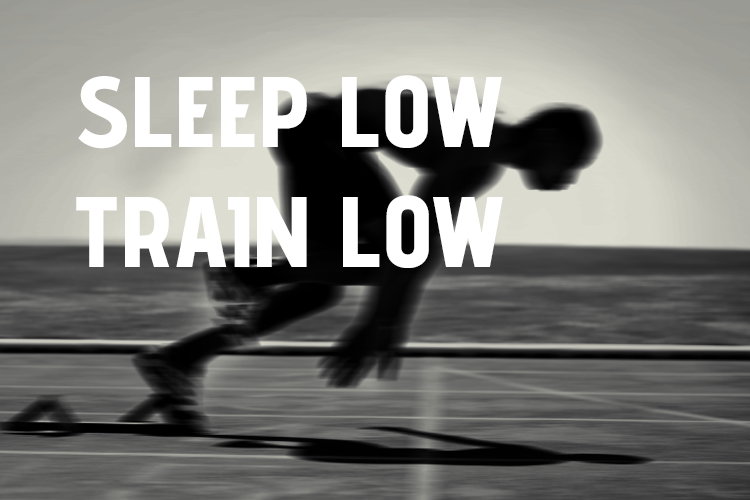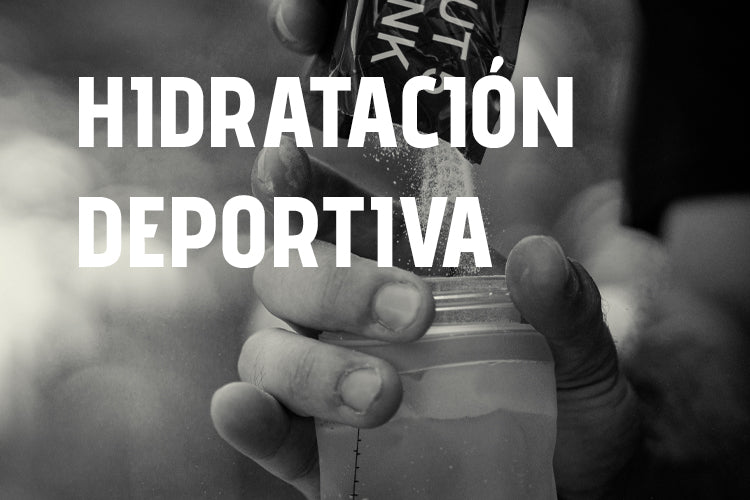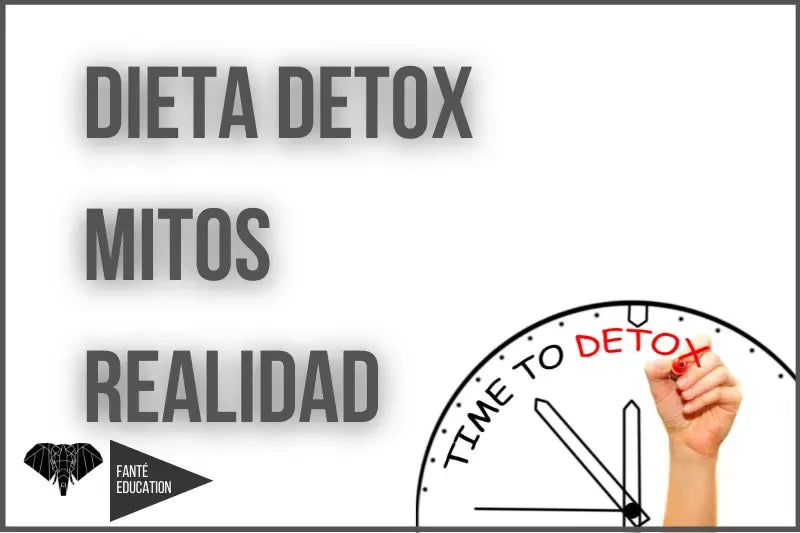The "Sleep Low, Train Low" strategy is a nutritional periodization methodology that involves manipulating carbohydrate (CHO) availability around training sessions to enhance metabolic adaptations. It consists of performing a high-intensity training (HIT) session in the afternoon or evening with high CHO availability, followed by CHO restriction during the evening ("sleeping low"), and then a low-intensity training (LIT) session on an empty stomach in the morning ("train low").
As part of this strategy, the use of carbohydrate-rich energy gels, such as Fanté energy gels , can be key to optimizing performance during high-intensity sessions. These natural gels , designed for endurance sports , offer a practical and effective source of energy that aligns with the principles of sports nutrition.
Scientific Evidence
Several studies have evaluated the effectiveness of this strategy:
- Study by Marquet et al. (2016) : This study investigated the effects of a 3-week sleep-low intervention in trained triathletes. Results showed significant improvements in cycling efficiency at submaximal intensity, increased time to exhaustion at supramaximal intensity, and improved performance in a simulated 10-km race compared to the control group. During these sessions, consuming high-carbohydrate energy gels may be essential to ensure the necessary energy intake.
- Study by Morton et al. (2021) : In a 3-week intervention with trained cyclists, a sleep-low-train-low strategy was found to improve functional threshold power (FTP) and cycling performance efficiency. Participants performed high-intensity training sessions in the afternoon, restricted CHO intake during the evening, and completed low-intensity sessions in a fasted state in the morning. The use of natural gels and muscle recovery products was key to supporting performance during the sessions.
Practical Applications
To implement this strategy, it is recommended:
-
Evening Training : Perform a high-intensity interval training (HIIT) session in the afternoon or evening with adequate CHO intake before training to ensure performance. Fanté energy gels , with their high carbohydrate content and 100% natural formulation , are an excellent choice for this purpose.
- Nighttime CHO Restriction : After evening training, limit CHO intake during dinner to keep muscle glycogen levels low overnight.
- Morning Training on an Empty Stomach : In the morning, perform a low-intensity interval training (LIT) session on an empty stomach to promote metabolic adaptations, such as increased fat oxidation and improvements in mitochondrial biogenesis. During this phase, the use of products such as a muscle recovery supplement can be essential to ensure recovery.
Considerations
- Individualization : It is essential to adapt this strategy to individual needs and tolerances, considering factors such as the duration and intensity of the training , as well as the specific objectives of the athlete.
- Professional Supervision : Supervision by a sports nutritionist , such as the FANTÉ co-founder, is recommended to ensure proper implementation and avoid potential nutritional deficiencies or performance declines.
- Periodization : This strategy may be most effective during specific phases of training, such as preseason, where the goal is to improve metabolic efficiency and aerobic capacity.
Conclusion
The "Sleep Low, Train Low" strategy has been proven, through scientific studies, to be effective in improving certain metabolic adaptations and performance in trained athletes. However, its implementation must be carefully planned and personalized, considering the specific demands of the sport and the individual characteristics of the athlete. The use of nutritional tools such as carbohydrate-rich energy gels , natural gels, and muscle recovery products can optimize the impact of this strategy within a comprehensive sports nutrition approach.
LITERATURE
- Marquet, L.A., et al. (2016). "Enhanced Endurance Performance by Periodization of Carbohydrate Intake: 'Sleep Low' Strategy." Medicine & Science in Sports & Exercise .
- Morton, J.P., et al. (2021). "Carbohydrate Periodization and the 'Sleep Low-Train Low' Model: Mechanisms and Applications." PLOS ONE .




Leave a comment
This site is protected by hCaptcha and the hCaptcha Privacy Policy and Terms of Service apply.